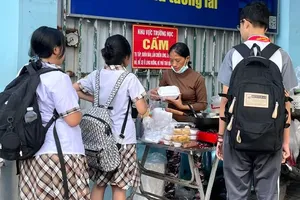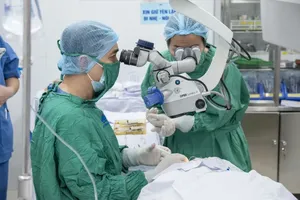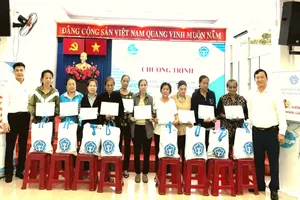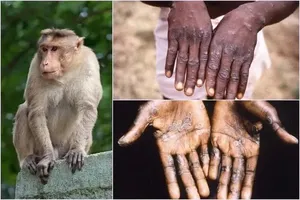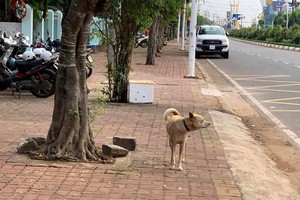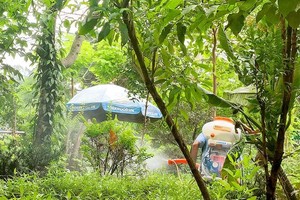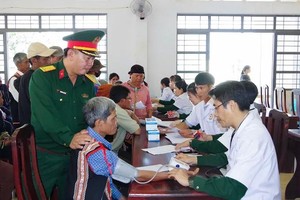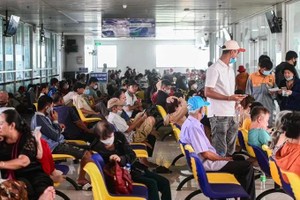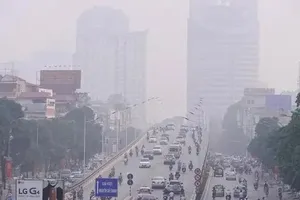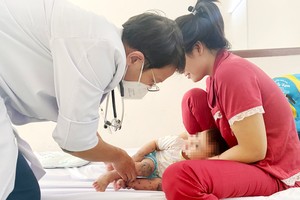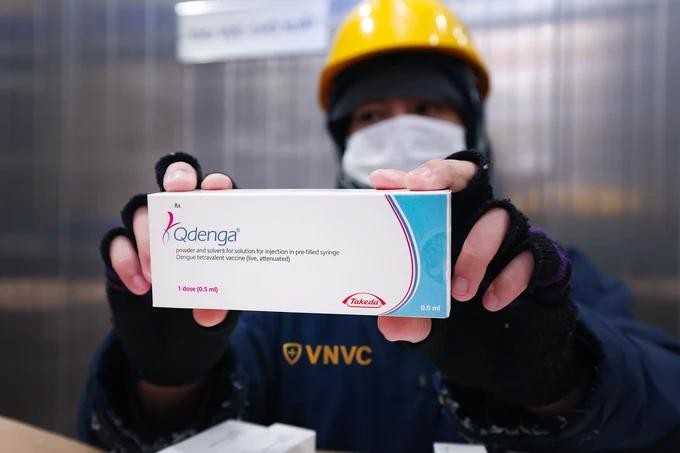
The VNVC immunization System yesterday initiated the distribution of Takeda's dengue vaccine (Japan) for children aged 4 and older, as well as adults, throughout almost 200 immunization facilities nationwide
This is the first time Vietnamese people can to acquire this vaccine after years of anticipation and observing the rampant dengue epidemic, which has significantly impacted public health and livelihoods.
Takeda's dengue vaccine, developed in Japan, was first administered globally in 2018 and is currently utilized in over 40 countries, particularly in regions with recurrent severe epidemics. It demonstrates an efficacy of up to 80 percent and reduces the risk of hospitalization by as much as 90 percent.
Dr. Bach Thi Chinh, Medical Director of VNVC Vaccination System, said that Takeda's dengue vaccine (Japan) was approved by the Ministry of Health in May 2024. The VNVC Vaccination System, together with the manufacturer, has made efforts to bring it to Vietnam soon because as this vaccine is highly anticipated due to the annual occurrence of various outbreaks resulting in hundreds of thousands of cases and numerous fatalities across multiple regions.
Dengue is a mosquito-borne viral infection causing a severe flu-like illness. The disease is increasingly complex and no longer follows a cyclical pattern. Controlling the mosquitoes that spread the disease has become challenging, and the treatment of dengue fever is both complicated and costly. Furthermore, the mortality rate remains significantly high if patients are not accurately diagnosed and treated promptly.
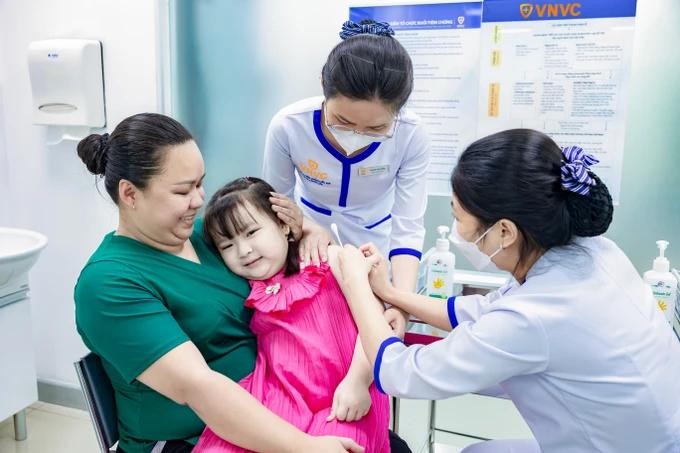
The vaccine is particularly effective in preventing reinfection in individuals who have previously contracted dengue fever, which is crucial for Vietnam due to the high prevalence of such cases. Subsequent infections are often more severe than initial ones; therefore, timely vaccination is essential for safeguarding patients' health and lives.
Dr. Le Hong Nga, Deputy Director of the Ho Chi Minh City Center for Disease Control (HCDC), said that in recent years, the dengue epidemic has changed, no longer developing in cycles but increasing steadily every year, especially at the end of the year. This dilemma arises from the effects of urbanization and global warming, which have established conducive environments for disease-carrying mosquitoes to flourish.
Vietnam has about 200,000 cases and dozens of dengue-related deaths every year. Countries with similar epidemiological patterns to Vietnam, such as Brazil, have introduced the vaccine into widespread vaccination for their people.
According to WHO data, the number of dengue cases has increased tenfold in the past two decades, from 500,000 cases in 2000 to more than 5 million cases in 2019. In Vietnam, in the past, Vietnam often recorded epidemic peaks every 10 years during the period 1980-2018, then between 2019 and 2023, Vietnam experienced two epidemic peaks in 2019 and 2022. In 2022 alone, the Southeast Asian country had more than 367,000 cases, ranking second globally just after Brazil.
